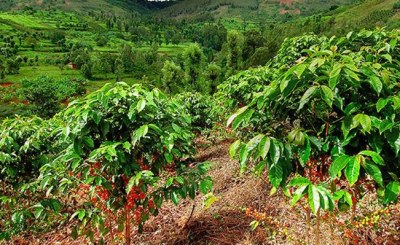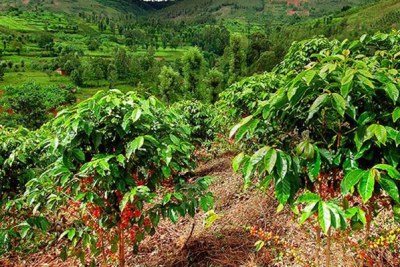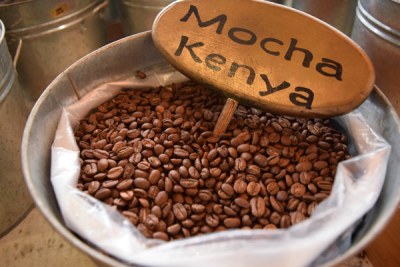-
Kenya: Why Kenyan Coffee Risks Losing Its Global Appeal
Nation, 6 October 2020
Kenya's coffee risks losing its top spot in the world market following its rejection in Japan and South Korea due to high levels of chemical contamination. Read more »
-
Kenya: Coffee Earnings Fall Sh2.5 Billion in Eight Months to May
Nation, 8 June 2020
Coffee earnings dropped by Sh2.5 billion in eight months to May on account of low volumes as the quantities offered at the trading floor were impacted by the closure of auction… Read more »
-
Kenya: Kenya Seeks Sh5.7bn to Boost 800 Coffee Firms
Nation, 11 September 2020
Kenya is sourcing for Sh5.7 billion from the World Bank for rehabilitation of about 800 coffee pulping factories as part of the crop's revitalisation programme. Read more »
-
Kenya: Kenya Coffee to Be Sold in Singapore at Virtual Mart
Nation, 3 September 2020
A planned online auction of premium arabica coffee has excited farmers in Kiambu, Murang'a and Nyeri counties, with six farms already submitting their lots for the Singapore… Read more »
-
Kenya: The Shadowy Coffee Gangs of Mount Kenya
Nation, 1 September 2020
The shadowy criminal gangs usually strike at night, like owls. And they are part of a multimillion-shilling underground coffee empire that relies on theft to sustain their trading… Read more »
Why Kenyan Coffee Risks Losing Its Global Appeal
Kenya's coffee risks losing its top spot in the world market following its rejection in Japan and South Korea due to high levels of chemical contamination. The chemical levels of Ochratoxin - a naturally occuring mycotoxin - have reportedly exceeded the allowable minimum, resulting in rejection at the two countries' border points. The coffee, which is highly sought after by roasters for blending with lower quality beans from other parts of the world, has been banned for three years with local stakeholders now raising concerns that if this is not reversed, then the produce could face total ban. Kenyan coffee production has been declining from a high of 130,000 tonnes realised in the late 80s to the current 40,000 tonnes.
InFocus
-
Plans are reportedly underway for the establishment of the Coffee Research Institute which will assist in reviving a coffee industry where older people farm coffee more and young ... Read more »
-
The standoff between a team implementing reforms proposed to streamline the coffee sub-sector and some major stakeholders now threatens to shatter the hopes of thousands of ... Read more »





